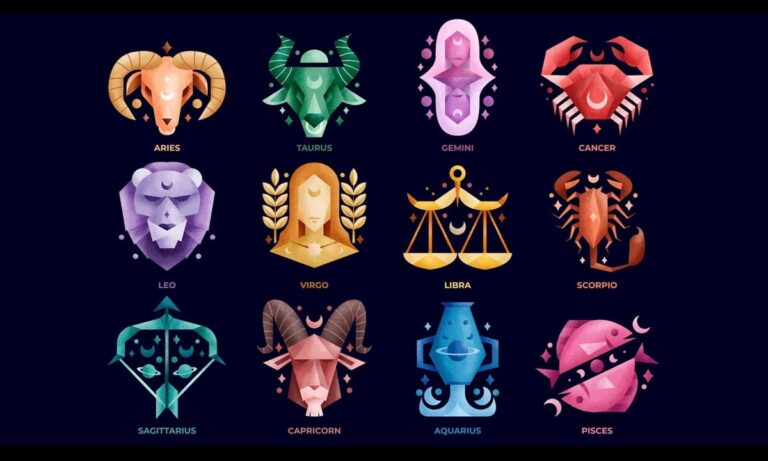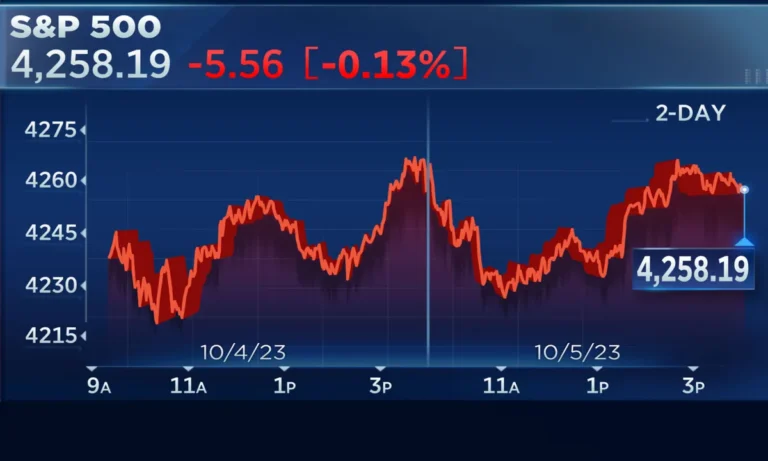Among China’s traditional celebrations, the Lunar New Year, also known as the Spring Festival, holds unparalleled importance. This festival marks the start of the lunar calendar year and is celebrated between late January and mid-February. This year’s Lunar New Year begins on February 10, ushering in the Year of the Dragon.
Preparations and Festivities
The Lunar New Year is fundamentally a family-centric celebration. Preparations typically commence a week in advance and involve thorough cleaning, home decoration, shopping for gifts and provisions, and preparing festive foods.
The centerpiece of the celebrations is the family dinner on New Year’s Eve. The menu varies by family and region but often includes dumplings, spring rolls, cakes, fish, and pork dishes. Traditional wines or liquors are also enjoyed. Many dishes carry symbolic meanings; for example, dumplings are shaped like gold ingots to attract good fortune.
Customs and Traditions
Customary practices during the Lunar New Year include giving red envelopes with money, typically from elders to younger family members. The red color symbolizes wealth and good luck.
Firecrackers are traditionally used to celebrate the new year and drive away evil spirits, a practice rooted in the legend of Nian, a monster believed to harm villages. Although this tradition is facing restrictions due to safety and environmental concerns, it remains a significant part of the celebrations.
The Year of the Dragon
The dragon is a powerful and auspicious symbol in Chinese culture, representing strength, wisdom, and prosperity. Historically linked to imperial authority and featured on the first Chinese flag introduced by the Qing dynasty in 1862, the dragon continues to symbolize China itself.
Dragon years are often associated with higher fertility rates. In light of China’s current demographic challenges, there is hope that the Year of the Dragon might inspire a baby boom, as some families may be motivated to have children during this auspicious period.
The Chinese Zodiac
The Chinese zodiac comprises a 12-year cycle, each year represented by a specific animal: rat, ox, tiger, rabbit, dragon, snake, horse, goat, monkey, rooster, dog, and pig. According to legend, the Jade Emperor organized a race to determine the zodiac order, with the rat winning first place. Each animal is thought to imbue certain characteristics on individuals born in its year, with the dragon considered particularly fortunate.
Origins of the Lunar Calendar
The lunar calendar, based on astronomical observations, has been a part of Chinese tradition since ancient times, possibly dating back to the Xia dynasty (2070-1600 B.C.). Although modern China adopted the Gregorian calendar in 1912, traditional festivals like the Lunar New Year continue to follow the lunar calendar.
Religious and Cultural Observances
The Lunar New Year is not only a time for family but also for religious observances. Rituals include offerings to deities such as the Kitchen God and the God of Wealth, as well as ancestor worship. Many people visit Buddhist or Taoist temples during this period to pray for good fortune.
A modern highlight of the Lunar New Year is the New Year’s Gala, a variety show featuring performances across genres. Since its debut in 1983, it has become the most-watched TV program globally, attracting up to 700 million viewers.
Migration and Celebrations
China experiences the largest annual human migration during the Lunar New Year as millions of rural workers return to their hometowns. This migration is facilitated by the extensive travel network but requires advance planning due to high demand.
Global Celebrations
The Lunar New Year is celebrated widely beyond China, including in Vietnam, Singapore, and various East Asian communities worldwide. Each region adds its own unique elements to the festival. In the U.S. and Australia, significant Chinese New Year festivals and parades, including traditional dragon dances, reflect the festival’s communal spirit.
Discover more from
Subscribe to get the latest posts sent to your email.



























